|
ALREADY CLOSED on Sep 13, 2023!
Molecular Ecology and Health (MECOH) Lab of Ehime Univ., Japan (PI: Prof. Kozo Watanabe; lab URL https://www.mecohlab.com/ ) is advertising for two (2) opening positions of international (non-Japanese) doctoral students with full financial support for the two research areas: 1) Freshwater Biodiversity and 2) Vector Mosquito Ecology. Applicants need to specify one research area that they want to study on their application letter. In both research areas, previous experiences of molecular laboratory analysis (e.e., DNA and RNA analysis), and/or Next-Generation Sequencing (NGS) analysis are advantage. MECOH Lab's introductory video (Youtube): https://www.youtube.com/watch?v=W1d2OQmHOU0 Description of the positions: Research Area 1: Freshwater Biodiversity The successful candidate will conduct field research using stream organisms (invertebrates or bacteria) and environmental DNA (eDNA). Bioinformatic analysis of NGS data such as metabarcoding, metagenomic, ddRADseq and/or transcriptomics will be mainly used for understating of biodiversity (genetic and species diversity) and evolutionary patterns. Research Area 2: Vector Mosquito Ecology Ecological and epidemiological study of vector mosquitoes (e.g., Aedes aegypti) transmitting dengue virus and other arboviruses in tropical and subtropical countries. The successful candidate will conduct genetic analysis of vector mosquito, such as population genetics analysis and metagenomic analysis (virome and bacteriome) of mosquitoes, by combining fieldwork. Application deadline and start date of the position:
Eligibility:
Contract details:
Application and selection processes:
If you have any questions regarding the said position, please contact the email address above. Professor Dr. Md. Khademul Islam visited the MECOH lab from The University of Illinois Chicago, USA7/11/2023 Professor Md. Khademul Islam visited MECOH lab for 3 weeks (2023/06/19 to 2023/07/07) and he gave seminar on “Single cell to many, many cells to single: bioinformatics analysis to demystifying genome”. Later he gave 9 days intensive lectures in Bioinformatics Workshop organized by MECOH lab for all the lab members on metagenomics and RNAseq data analysis. Every members of the lab really enjoyed and learnt a lot from him. We are looking forward to collaborating with him for our future research projects.
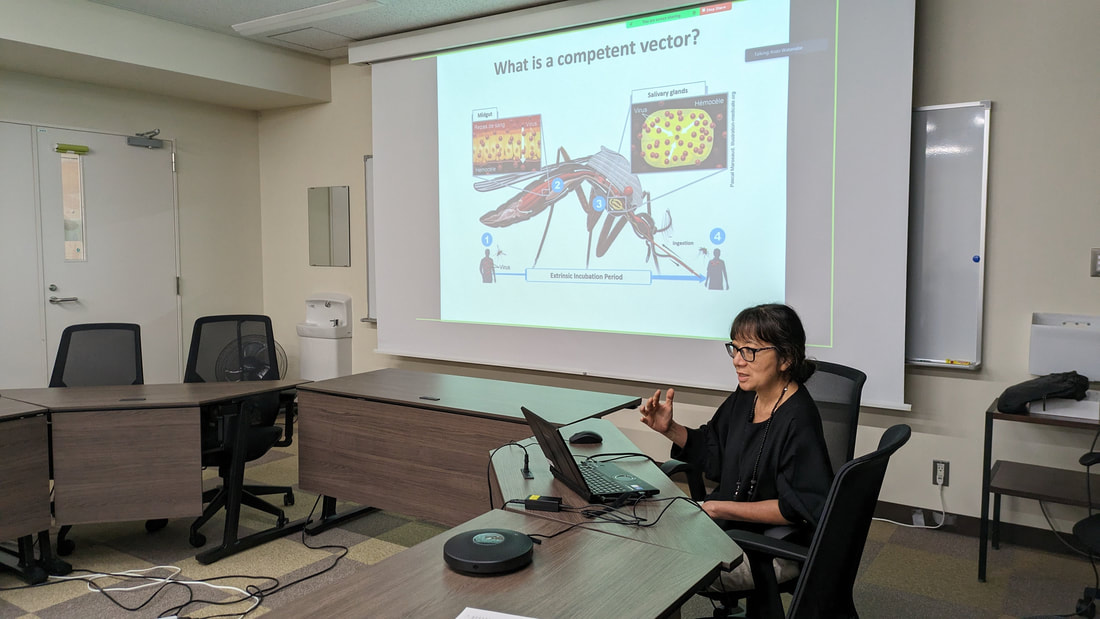 Prof. Anna-Bella FAILLOUX from Institut Pasteur, Paris, visited our lab from June 27 to 29. She gave a comprehensive and educational seminar on the interactions between mosquito vectors and arboviruses. We all enjoyed and learned a lot about how mosquitoes transmit human pathogenic viruses and what factors affect them. In addition to scientific knowledge, her talk highlighted the importance of how you interact with the audience to encourage fair and constructive discussion. Prof Anna-Bella enjoyed real Japanese food!
We will welcome you at any time. See you again in Ehime or Paris! The establishment of the International collaborative research lab (ICRL) between Ehime University and Faculty of Medicine Universitas Padjadjaran (UNPAD) in Bandung, Indonesia inches ever closer to reality. Over a four day period from 7 June to 9 June, Prof. Dr. Kozo Watanabe, accompanied by Ph.D. candidate KyleYoung Low, revisited UNPAD at Bandung with the main goal of interviewing the ICRL representatives and setting expectations for their future roles in this collaboration. The meetings highlighted the importance of strong commitment and desire in research work, and the need for collaboration and synergy among projects between institutions. Interestingly, with collaborations like these, opportunities could appear in unexpected places. Dr. Savira and Mr. Nurrachman Hidayath took their chance to introduce and demonstrate a prototype they were working on, a portable PCR machine named 'CILPAD', capable of rapid field deployment with just a smartphone device paired with the mobile app. Dr. Ruswana Anwar, Vice Dean for Academic, Student Affair, and Research in the Universitas Padjadjaran gave a warm welcome at a sundanese restaurant. Also, it is always a pleasure to meet Dr. Lia Faridah, Dr. Savira Ekawardhani, and Dr. Nisa Fauziah again for their continued support and assistance in consolidating this ICRL.
With projects moving forward, there is much to look-forward in the future. In the mean time, Cheers! Here's to more opportunities to come! Prof. Dr. Kozo Watanabe, accompanied by Ph.D. candidate KyleYoung Low, visited Universiti Malaya in Kuala Lumpur Malaysia. Their main objectives were to survey potential sampling sites, discuss future project designs, and lay the foundation for an International collaborative research lab (ICRL) in Malaysia. The 2-day visit proved to be productive. The first day, June 5th, consisted of a field survey exploring the estuary of Kuala Selangor by boat. After visiting an exposed seabed off the coast of the Selangor Estuary. The entourage continued the expedition car to a nearby coastal town to savour some local seafood delicacies before heading to the Selangor River Dam. Insights were gained through direct observations of the sites. The next day, June 6th, a series of discussions and a lab visit were underway at Universiti Malaya. The meetings centred around the progress of the LAMER project by Dr. ChoonWeng Lee and Dr. ChuiWei Bong. They have discussed future research collaboration, avenues of establishing an International collaborative research lab (ICRL) under Ehime University at Universiti Malaya, and cross-employment opportunities for academicians. The two universities plan to combine their research goals to shine a light on global occurrences of antimicrobial resistance (AMR), antibiotic pollution, metaviromics, and environmental pathogens on sites covered from the day before. Finally, a potential visit by our collaborators from Universiti Malaya is in the works. No stone is left unturned. Between meetings, the participants made a delightful visit to the botanical garden at Universiti Malaya for a guided tour with the local plant expert employed by the university. Edible parts were plucked and sampled from the medicinal plants first-hand, of course, with expert guidance! With all things said and done. The visit was a productive one that concluded on a high note. With each interaction, the researchers witnessed the power of collaboration and the potential it holds for advancing scientific knowledge. Despite being an ocean apart, the shared vision and dedication of the teams transcend distance, together anything is possible.
|
MECOH LabLatest news Archives
March 2024
Categories |

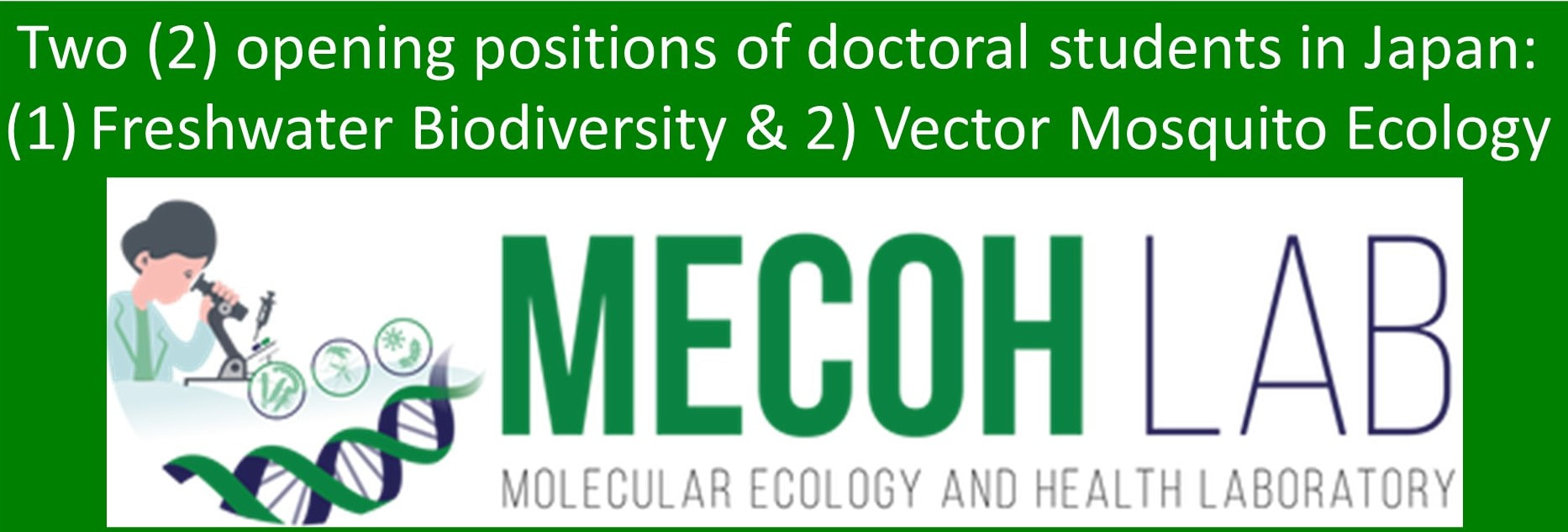
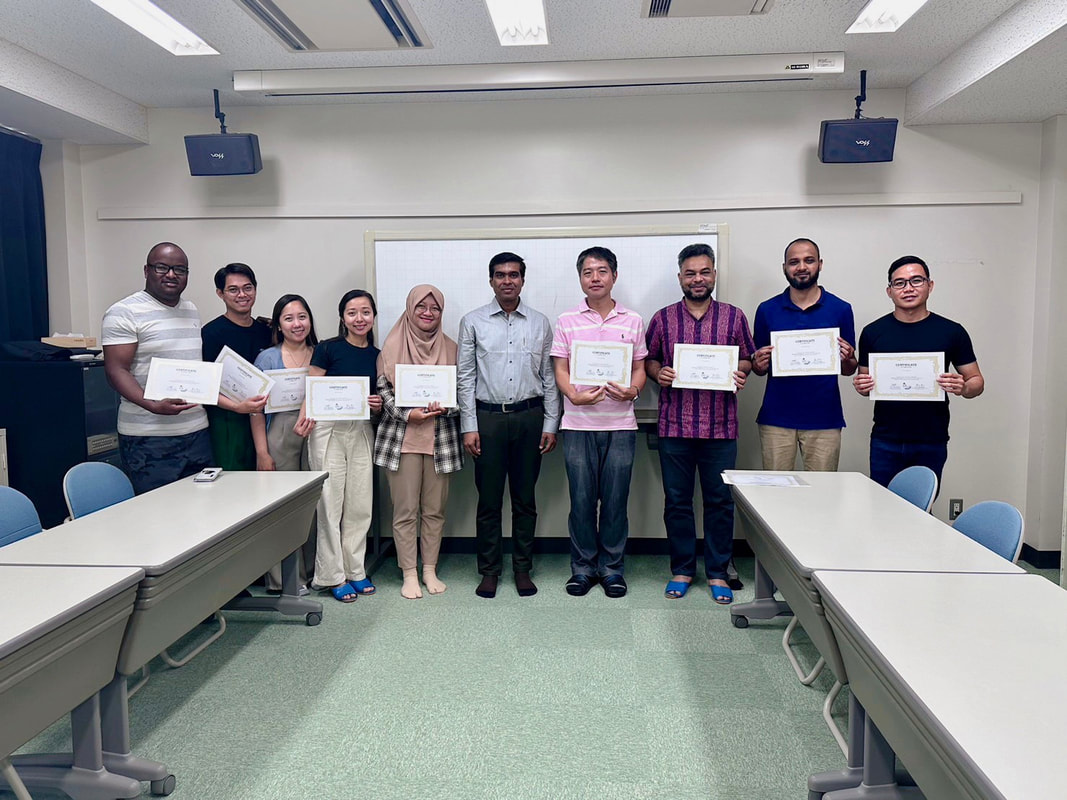
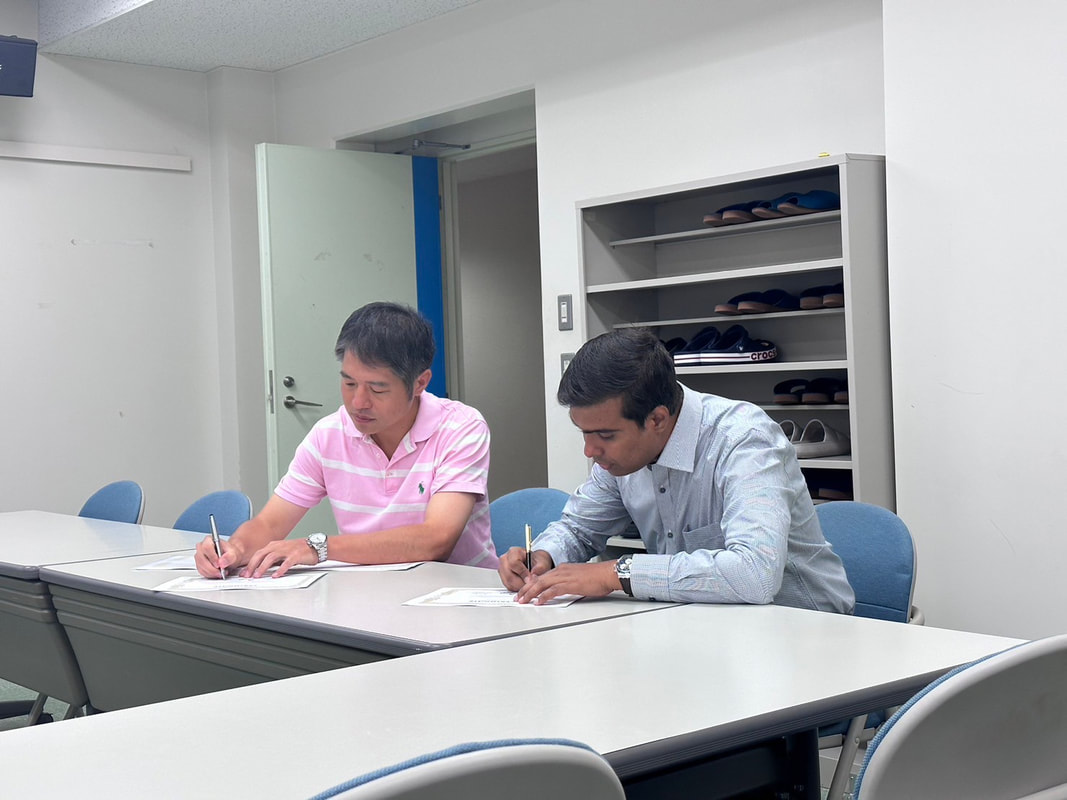
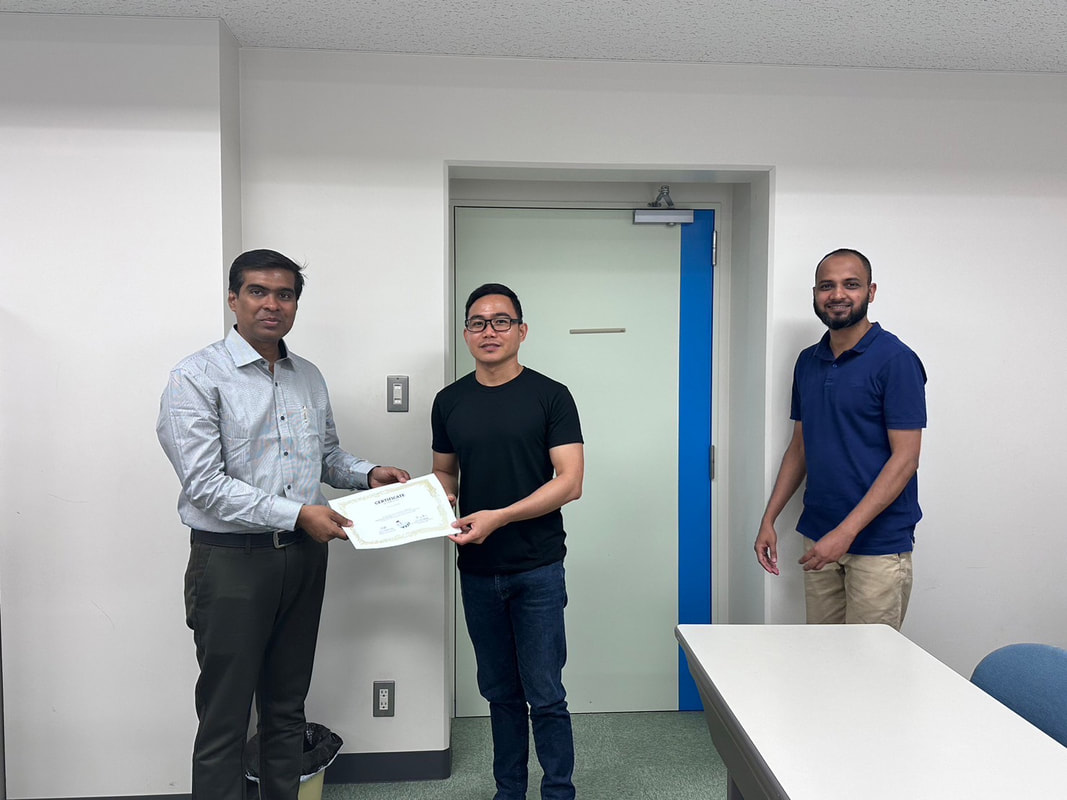
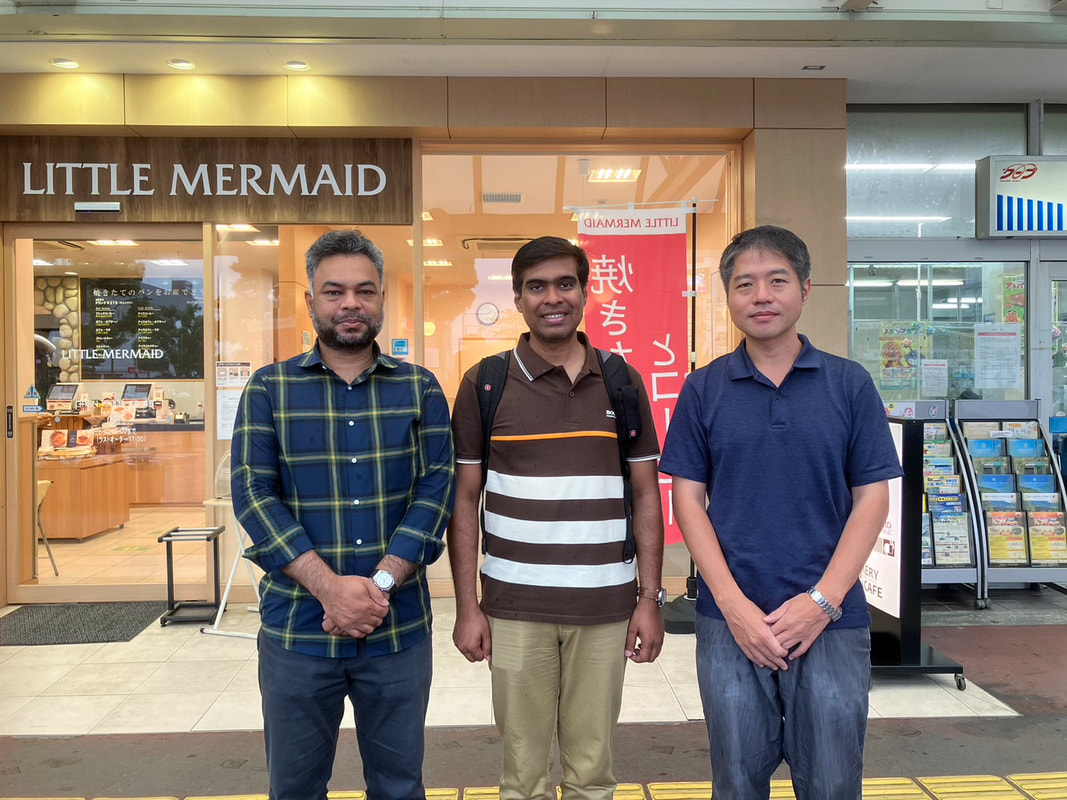
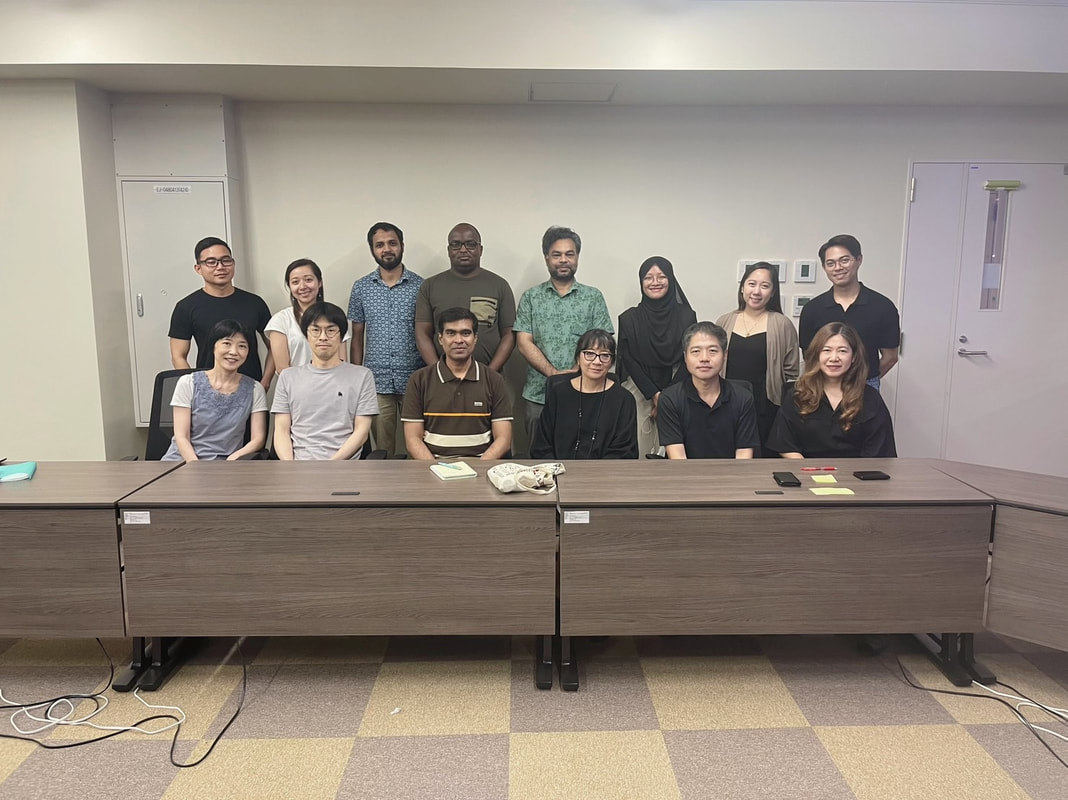
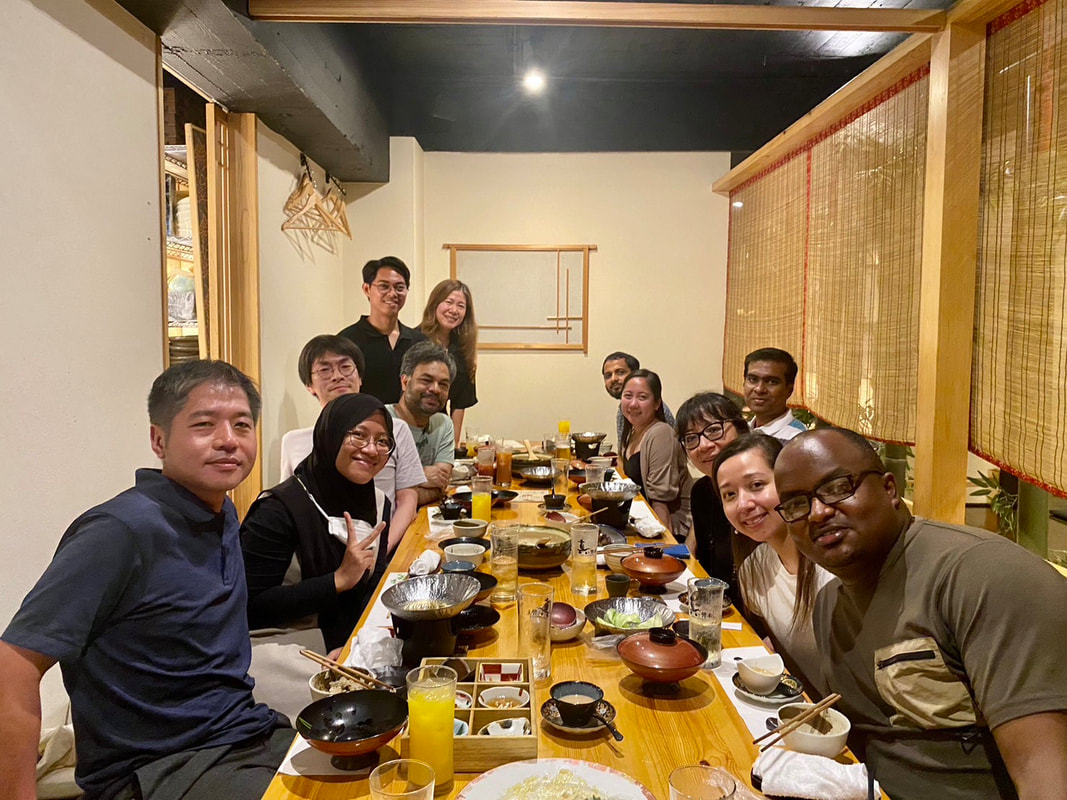
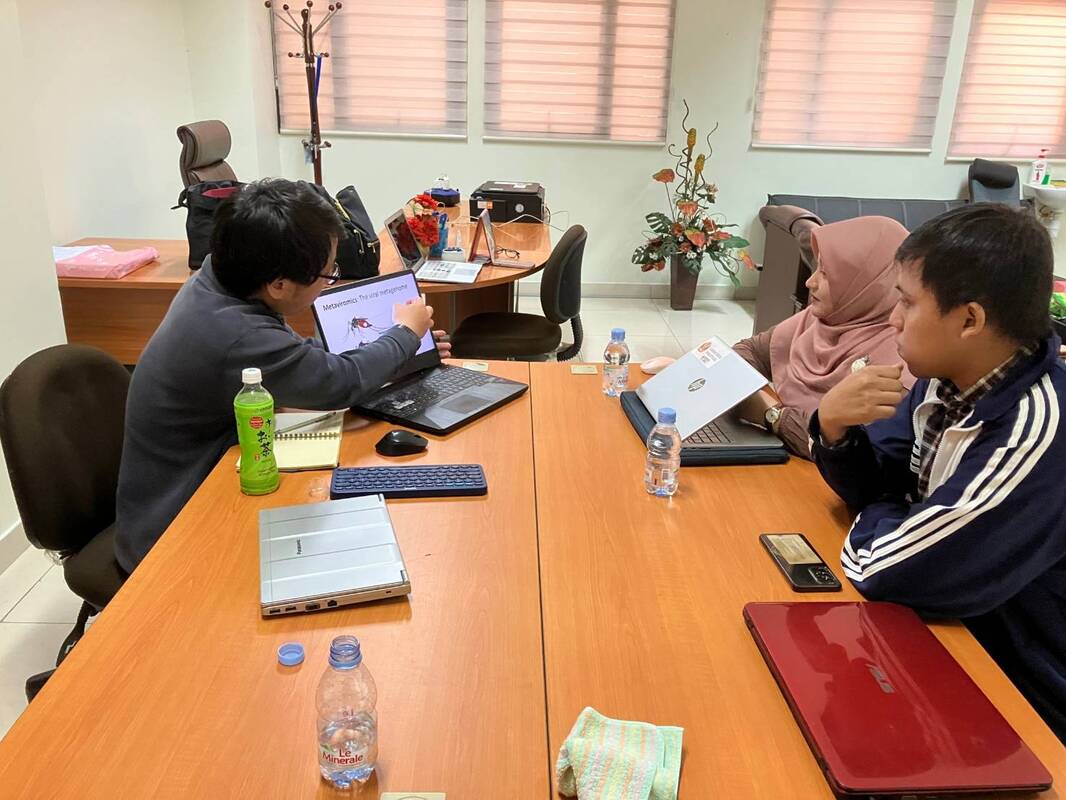


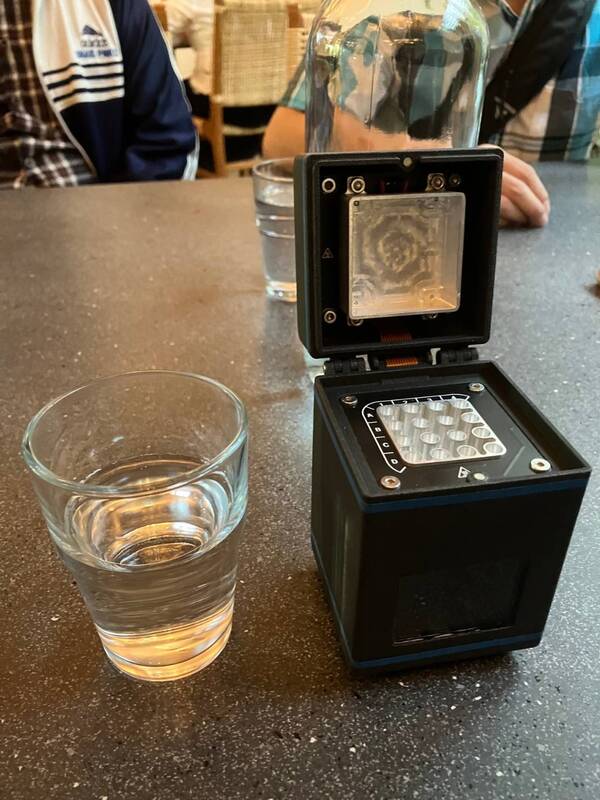
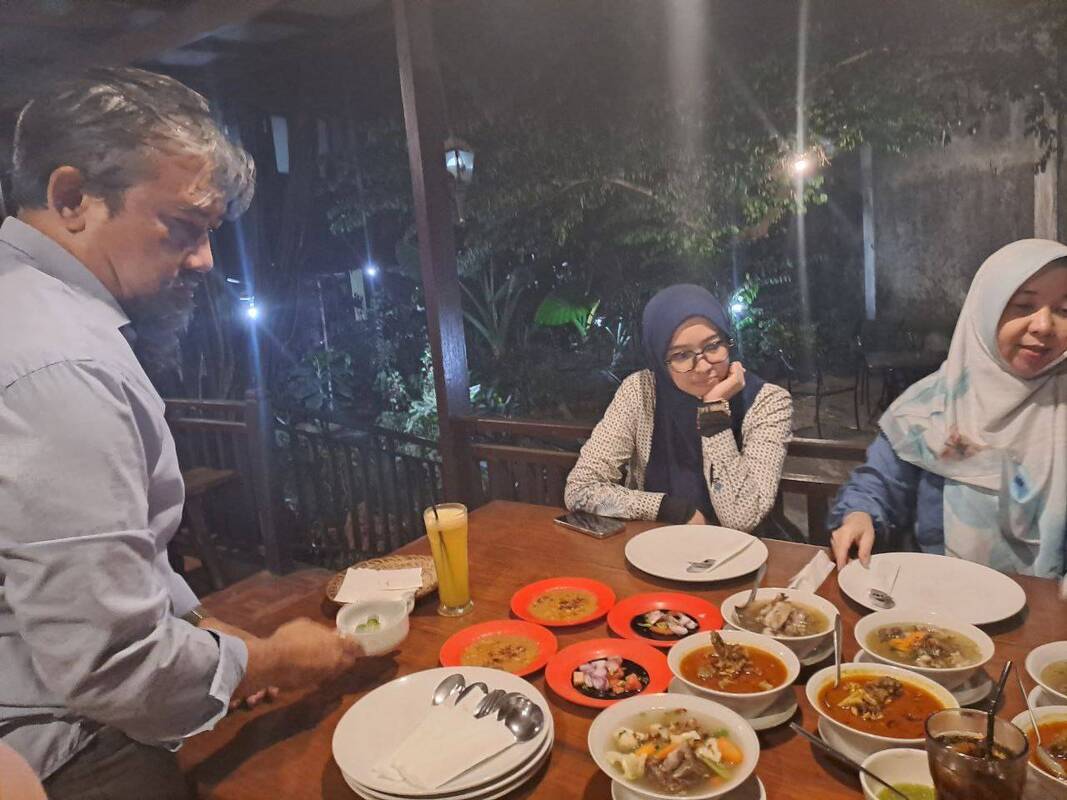
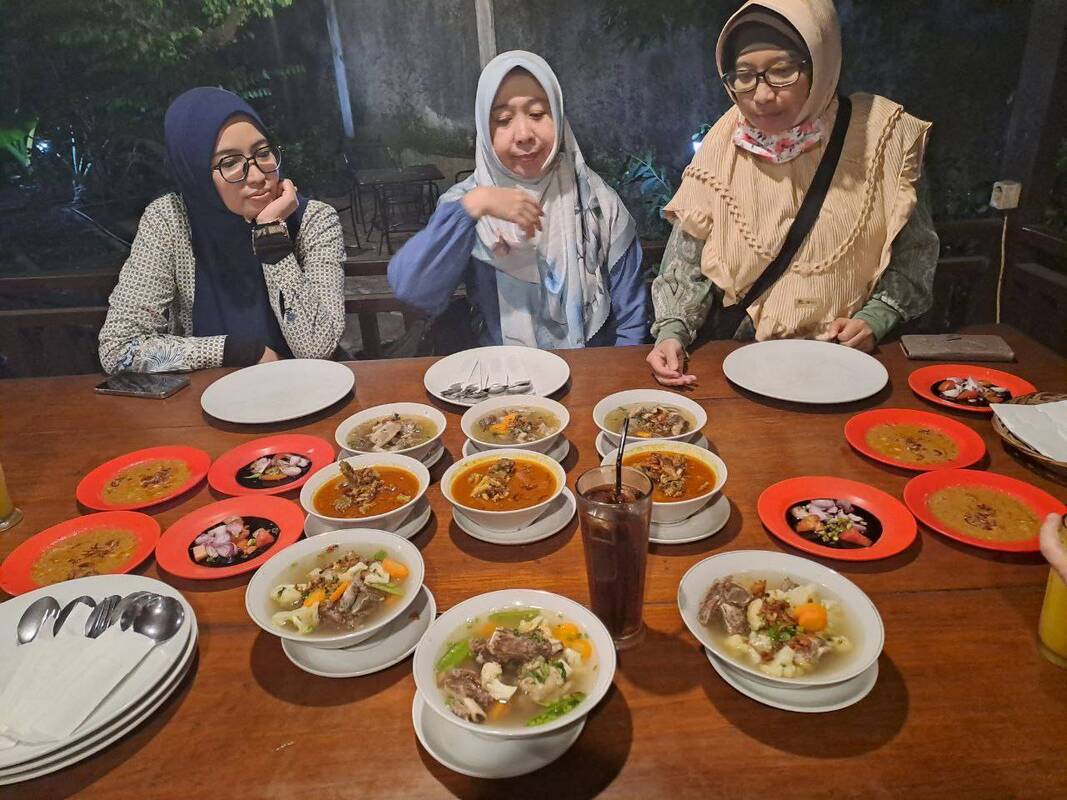
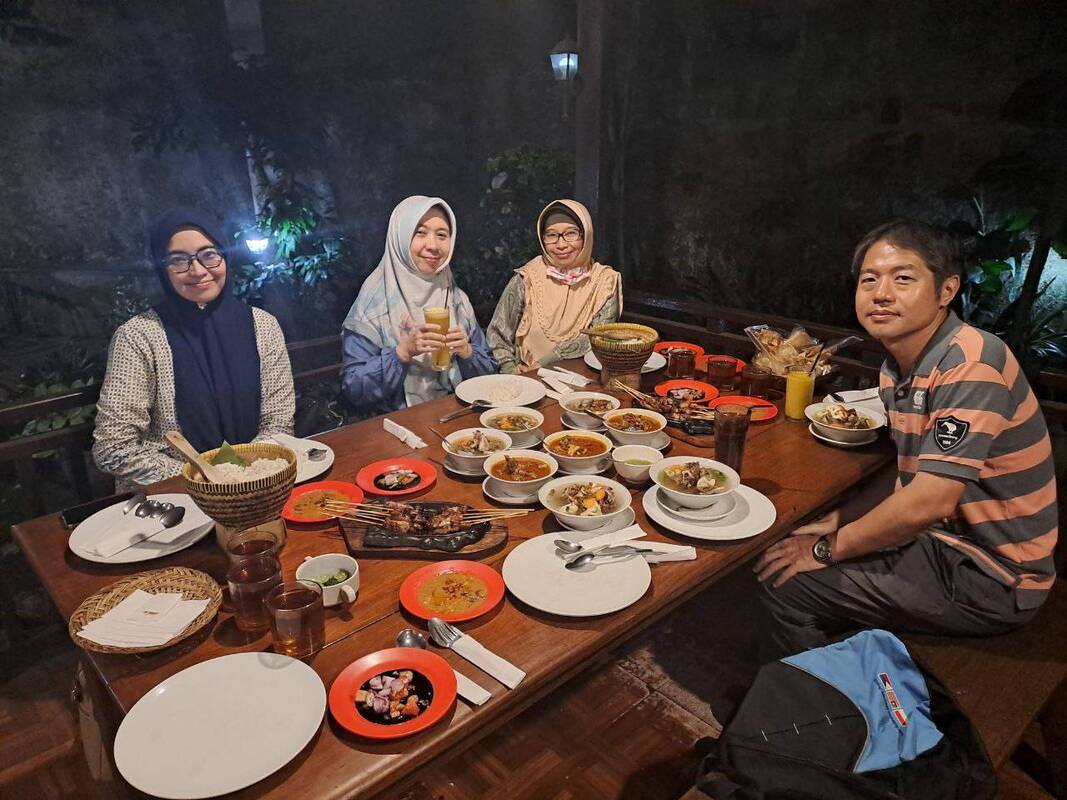
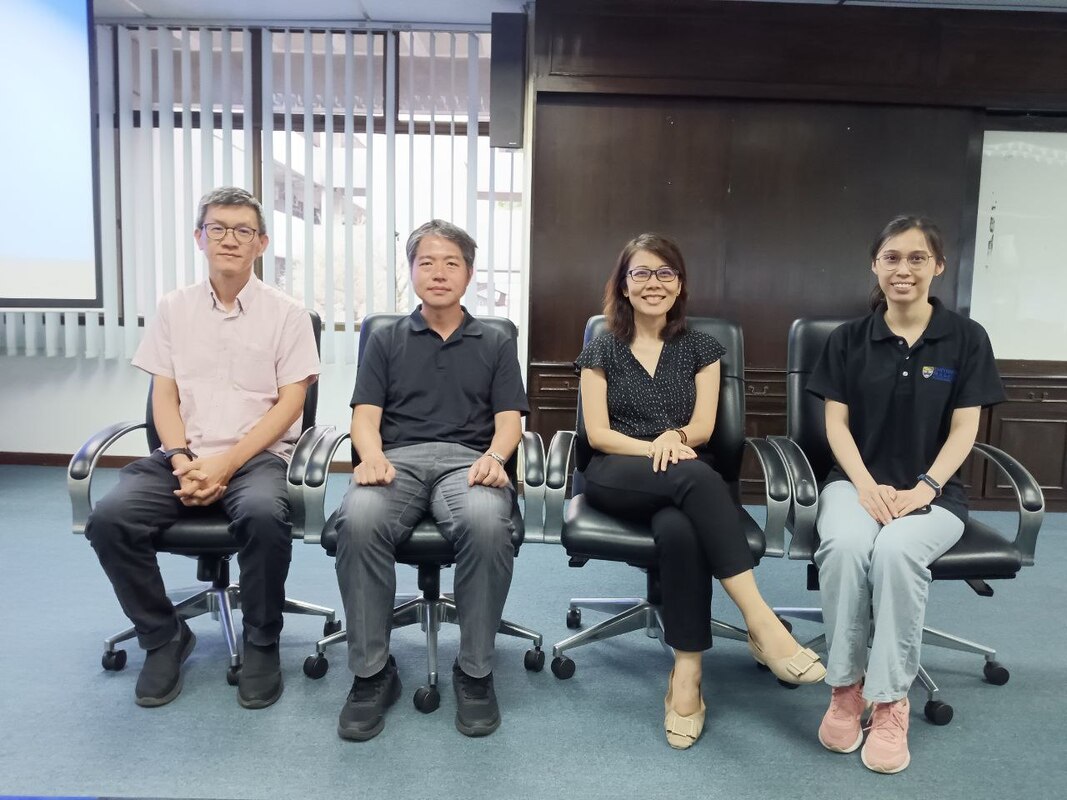
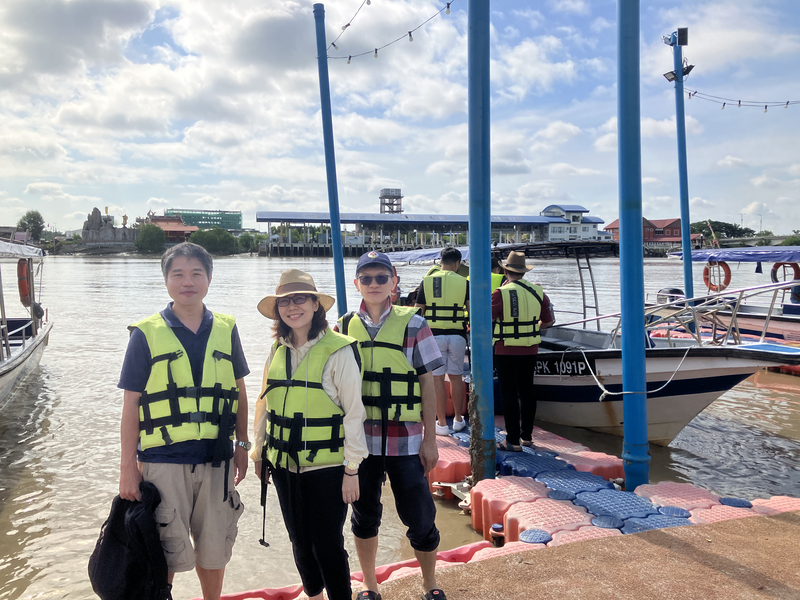
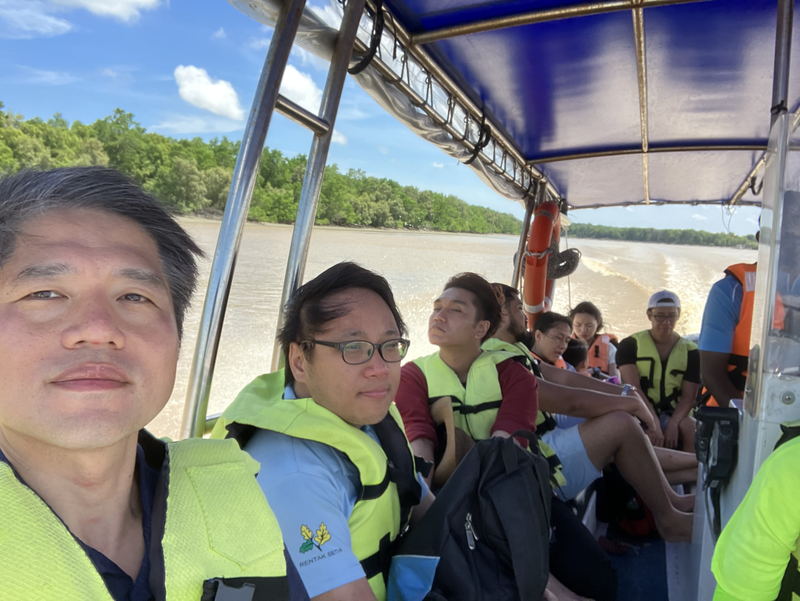
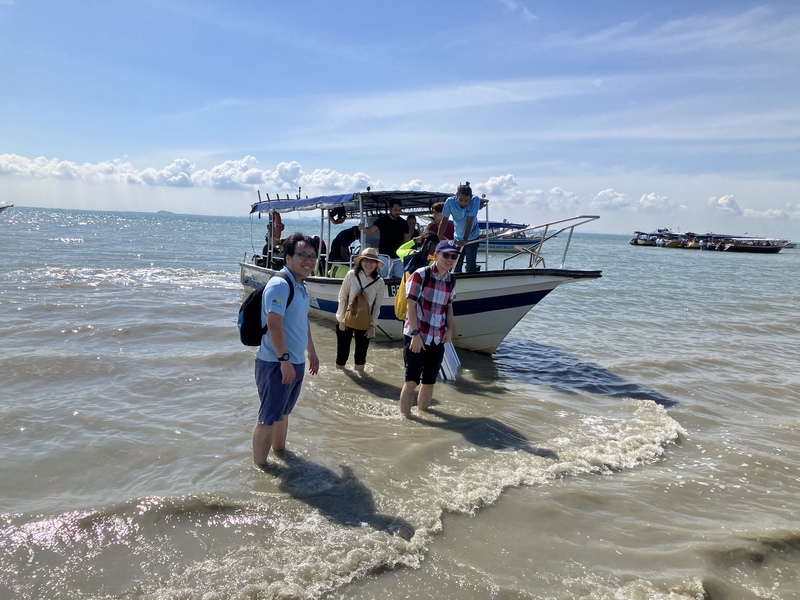


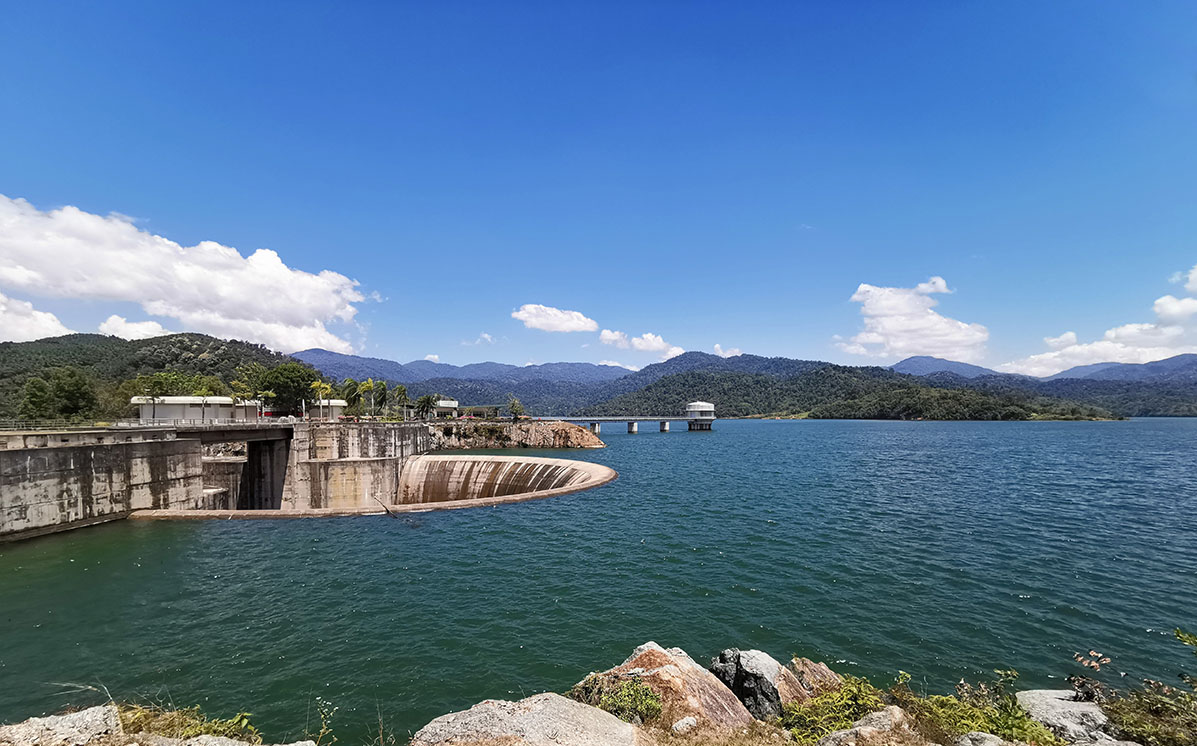
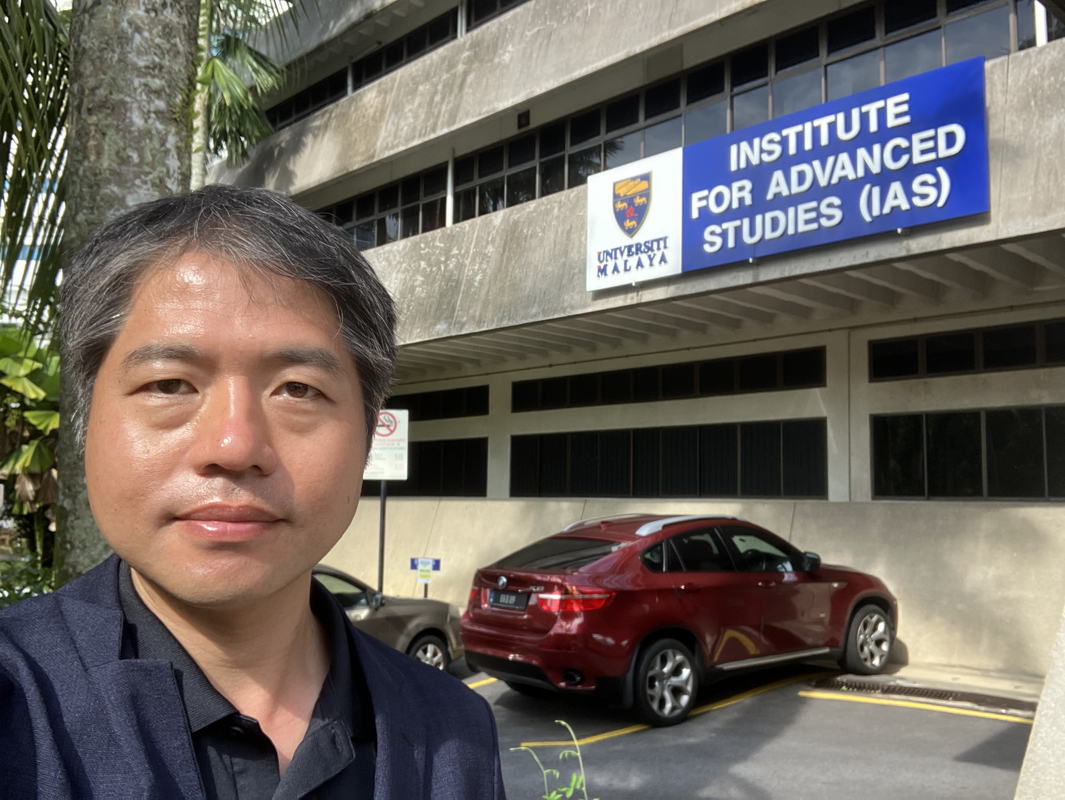


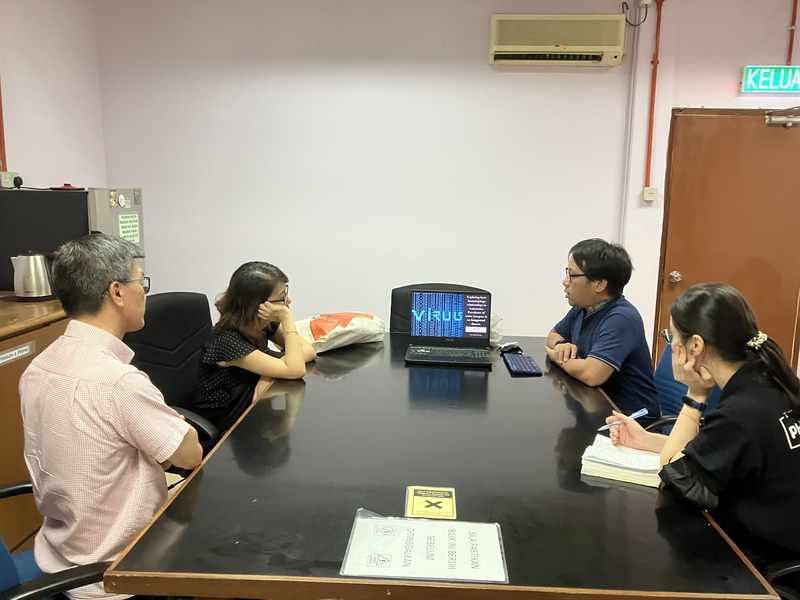
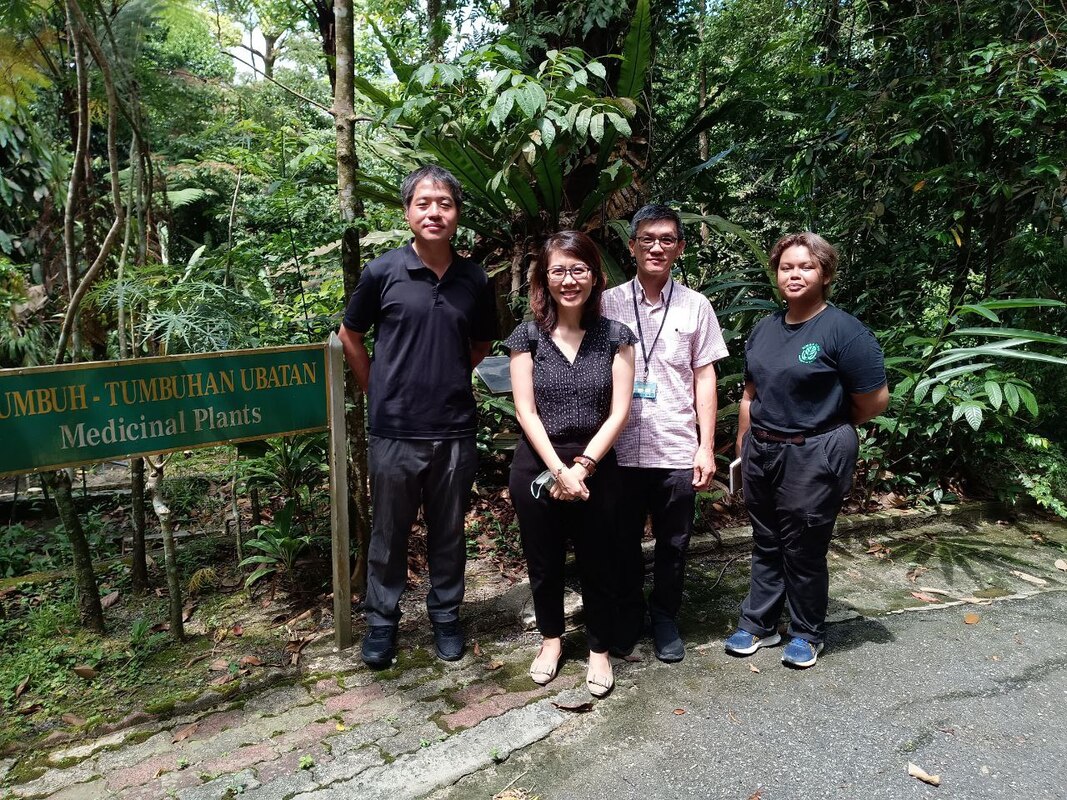


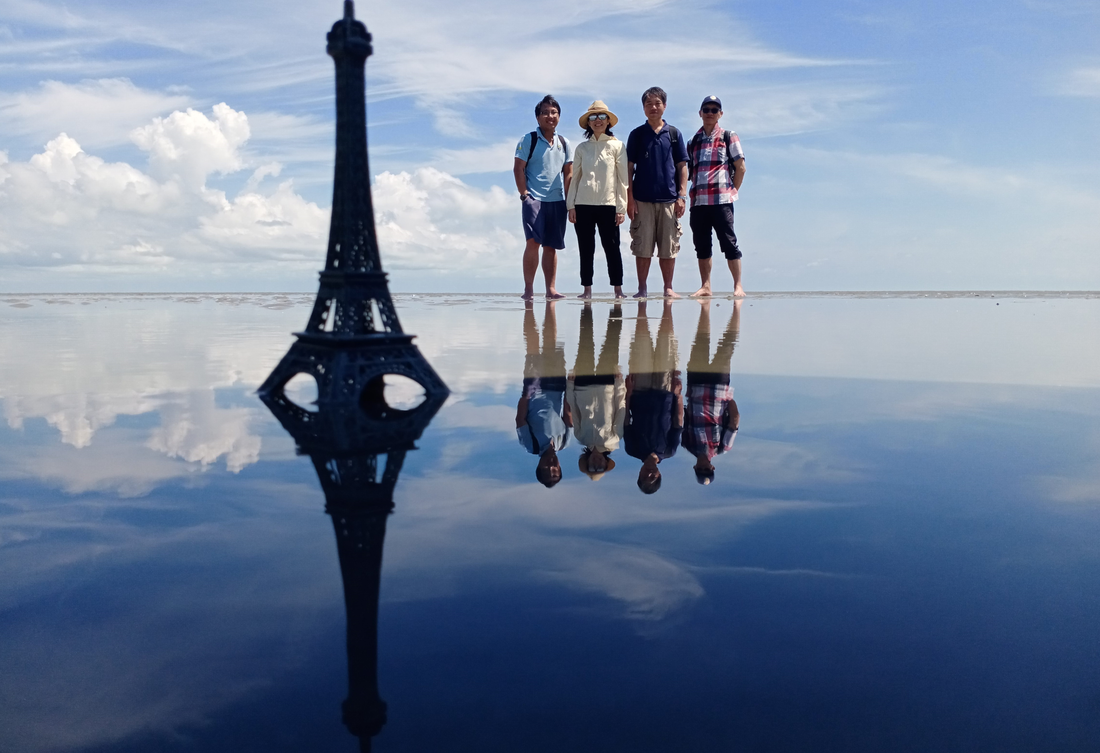
 RSS Feed
RSS Feed